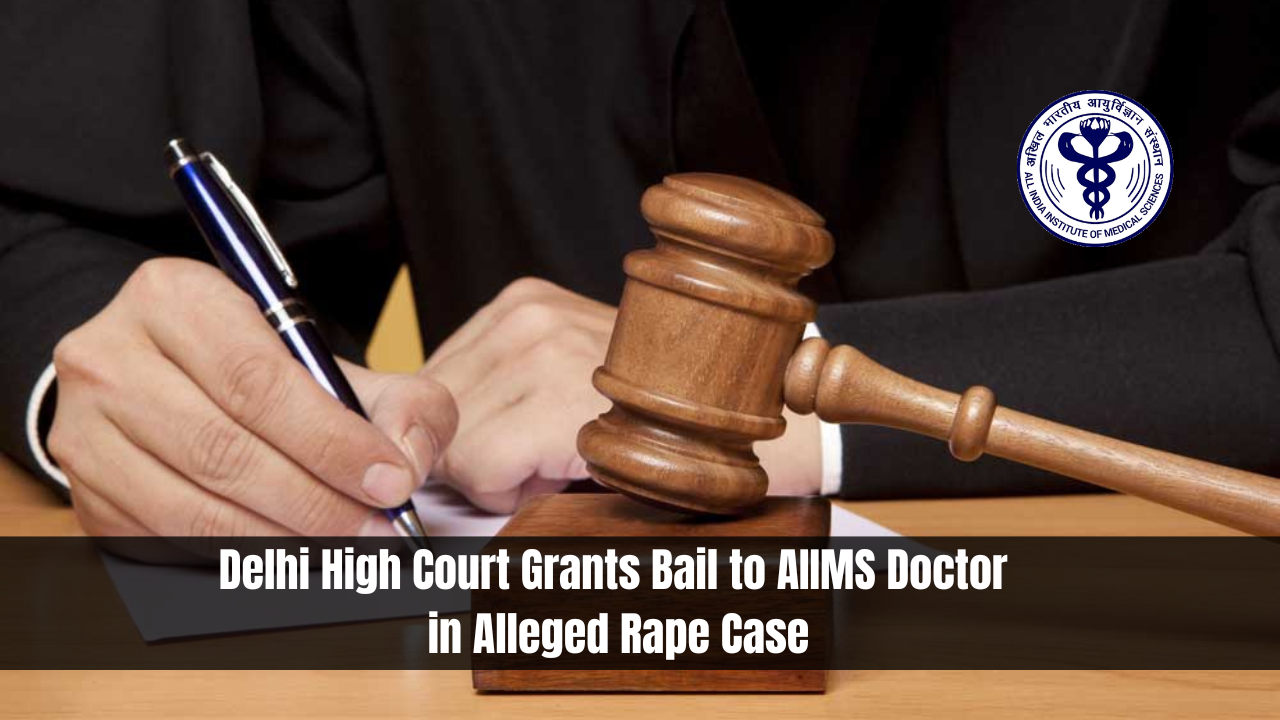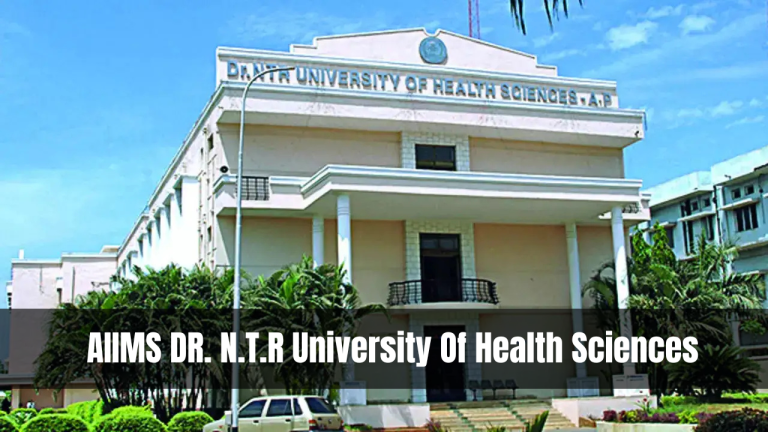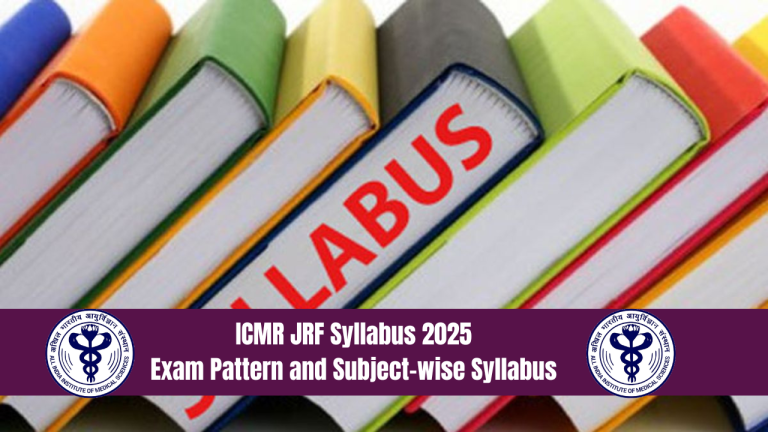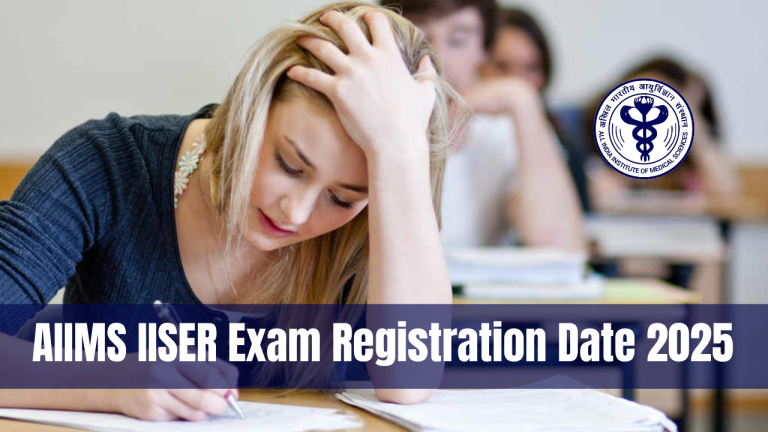Delhi High Court Grants Bail to AIIMS Doctor in Alleged Rape Case
Delhi High Court Grants Bail to AIIMS Doctor in Alleged Rape Case. In a significant legal development, the Delhi High Court has granted bail to an AIIMS junior resident doctor accused of rape under the pretext of marriage. This HC relief to AIIMS doctor in alleged rape case has attracted nationwide attention, shedding light on the complexities surrounding relationships, consent, and legal proceedings in modern India.
Read Also: AIIMS Online Appointment
Background of the Case
The case revolves around a complaint filed by a 39-year-old woman against a 28-year-old AIIMS doctor, alleging that he had sexually assaulted her after promising to marry her. However, as the legal process unfolded, it was revealed that the complainant and the accused were allegedly involved in an active and consensual live-in relationship — a crucial detail that swayed the High Court’s judgment in favour of the doctor.
Justice Shalinder Kaur, who presided over the bail plea, noted inconsistencies in the woman’s statements and behaviour. According to the court, the prosecutrix did not report the alleged rape incident to the police immediately and continued to live with the doctor and his family for 15 days after the alleged assault.
Legal Observations and Court Rationale
In its detailed order dated May 30, the Delhi High Court observed that:
- The relationship between the complainant and the doctor appeared to be mutual and consensual, supported by evidence including WhatsApp chats, shared photographs, and travel plans.
- Despite the serious allegations, there were no immediate police complaints or clear explanations for the delay in filing the FIR.
- The woman had previously filed multiple FIRs for similar offences against other individuals, raising questions about the credibility of her claims.
- Additionally, the woman is also facing extortion charges for allegedly threatening another family with criminal allegations in exchange for money.
This complex factual matrix prompted the court to examine whether the relationship was exploitative or consensual. The judge emphasized that the prosecutrix was an educated, previously married adult, and should be fully aware of the social and legal implications of marriage.
Implications for the AIIMS Doctor
The court acknowledged the AIIMS junior resident doctor had a clean record with no prior criminal history and had fully cooperated with the investigation. The charge sheet had already been filed by the Delhi Police, and with the trial expected to take considerable time, the court deemed it appropriate to grant bail to the AIIMS doctor.
As per the bail conditions, the doctor was required to furnish a personal bond of ₹50,000 and two sureties of the same amount. The court found no risk of the accused absconding or tampering with evidence, reinforcing its decision to grant him temporary relief.
Debate Over Consent and False Allegations
The case has sparked renewed discussions on false rape allegations, particularly those stemming from broken relationships or failed promises of marriage. While the law rightly protects victims of sexual assault, this case underscores the importance of differentiating consensual relationships from coercive ones, especially in a legal context.
It also raises critical concerns about misuse of legal provisions intended to protect women. When such laws are weaponized in personal disputes, it not only undermines genuine survivors but also hampers the judicial system.
Live-in Relationships and Legal Complications
India changing social landscape has seen a rise in live-in relationships, but the legal framework around such arrangements remains ambiguous. This case exemplifies the complexity of rape allegations arising from live-in partnerships, where emotional conflicts can sometimes escalate into criminal accusations.
While live-in relationships are legally recognized, proving or disproving allegations within them is fraught with challenges, particularly when emotional dynamics and broken trust are involved.
Conclusion
The HC relief to the AIIMS doctor in alleged rape case serves as a cautionary tale. On one hand, it warns individuals about the legal and emotional consequences of entering into intimate relationships without clarity and mutual understanding. On the other, it reminds society that false or exaggerated claims can have life-altering consequences for the accused.







